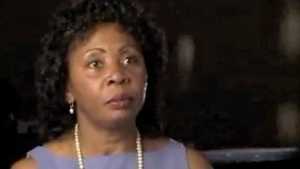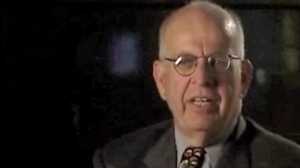Historian Catherine Clinton
Historian Catherine Clinton discusses medical care in the Civil War.
Transcript
Medical Care in the Civil War
We of course think of war as an enormous outpouring of energy, an enormous mobilization and men going off to war and this was indeed what happened but we have to think about how women felt waving their men off to war. Many of these women were traumatized because for the past decade they had worried about what would happen if the country ever went to war and now the war had come about. A lot of Yankee women had been involved in voluntary associations, church associations and so this naturally transferred into them becoming involved in war work. The work they did for their families would now be done for soldier's aid societies and that really translated into one of the most magnificent organizations, the U.S. Sanitary Commission which really did do work which allowed the northern army to be well fed or better fed. It allowed them to be clothed. It allowed them to really survive what was a very harsh, prolonged battle. But women on the home front felt that they also had to write letters, cheering their men on.
Southern women also were involved in many organizations and medical-Sally Tompkins in Richmond founded the Robertson Hospital and over the many years of the war she never lost a patient but this was all a private kind of voluntary association. But it is also important to think about the fact that women saw their work as keeping the home fires burning and with men off at war with fathers and brothers and sons, many women had to take on roles that they had never undertaken before, certainly plowing. Women would be out there following the ox, following the mule. Women would have to undergo enormous privation because they would be worried about their husbands, while they were replacing their husbands and this was true on northern as well as southern farms. But we also know that we tend to think of war as really men's work but there were women who did desert the home front. There were women who went as soldiers in disguise. There were women who served in camps as laundresses. There were women who served in diet kitchens. So, indeed women going into the camps was a matter of great controversy. Originally only officers could have their wives with them and sometimes even children went to camp but generally we think of camps as woman-less. Of course there were women who did gather and the Civil War was of course the number one cause of the growth of the sex trade during the 19th century because prostitution boomed. Whenever there were large numbers of unattached men, unattached women followed and so thus became a concern about camp followers, about disease and the Union and Confederate armies did have to get involved with what they called the curbing of licentiousness. There was an order issued by a confederate general that in future all laundresses in camp must do laundry or otherwise be expelled from camp. So, indeed we did have women following many vocations, some to survive, some to support the cause, some were just the casualties of war as were men.







